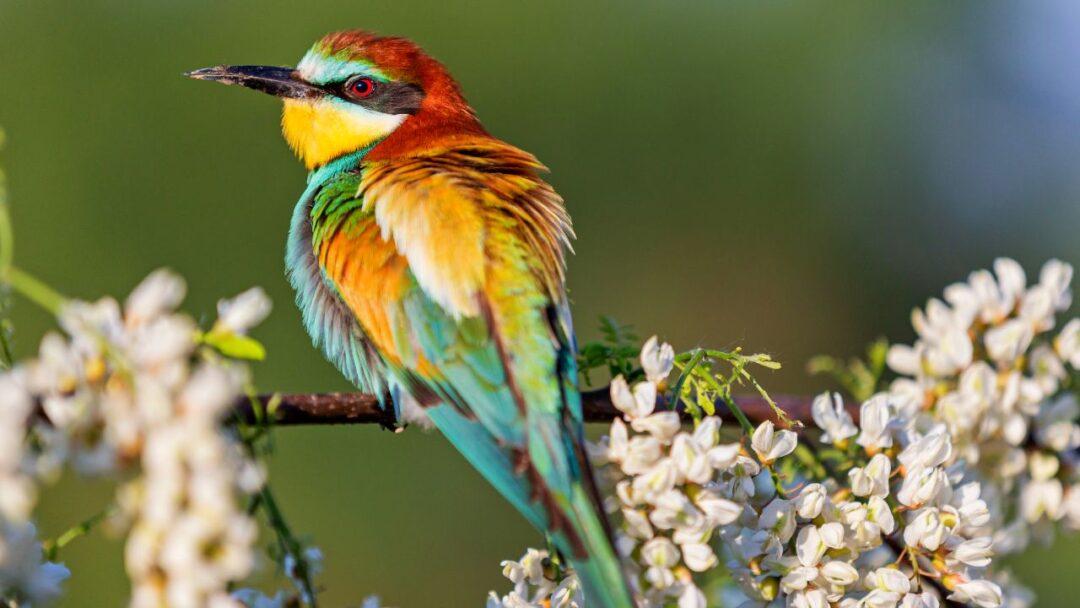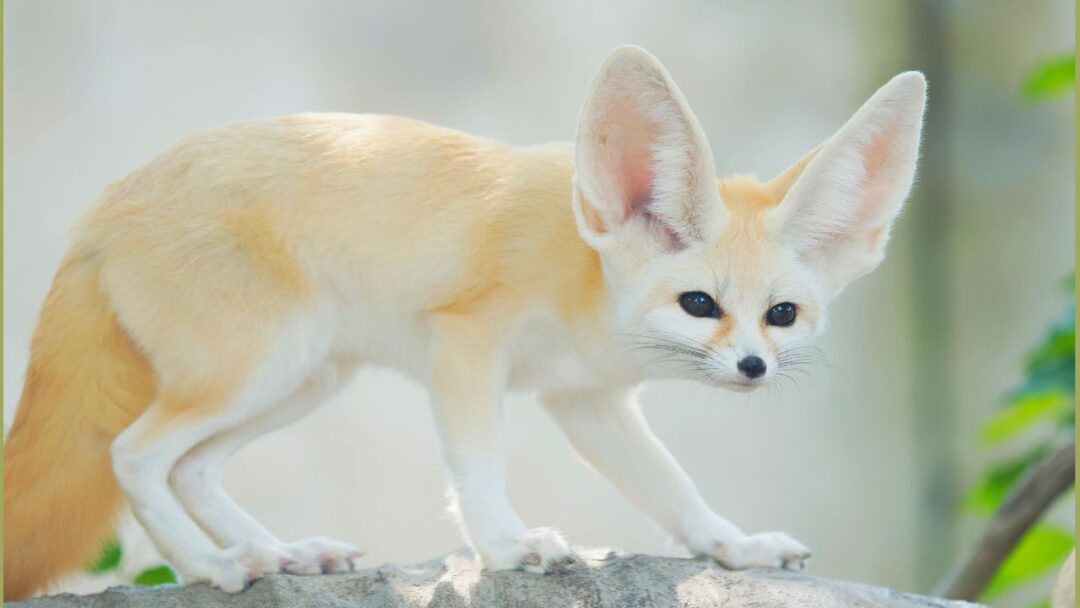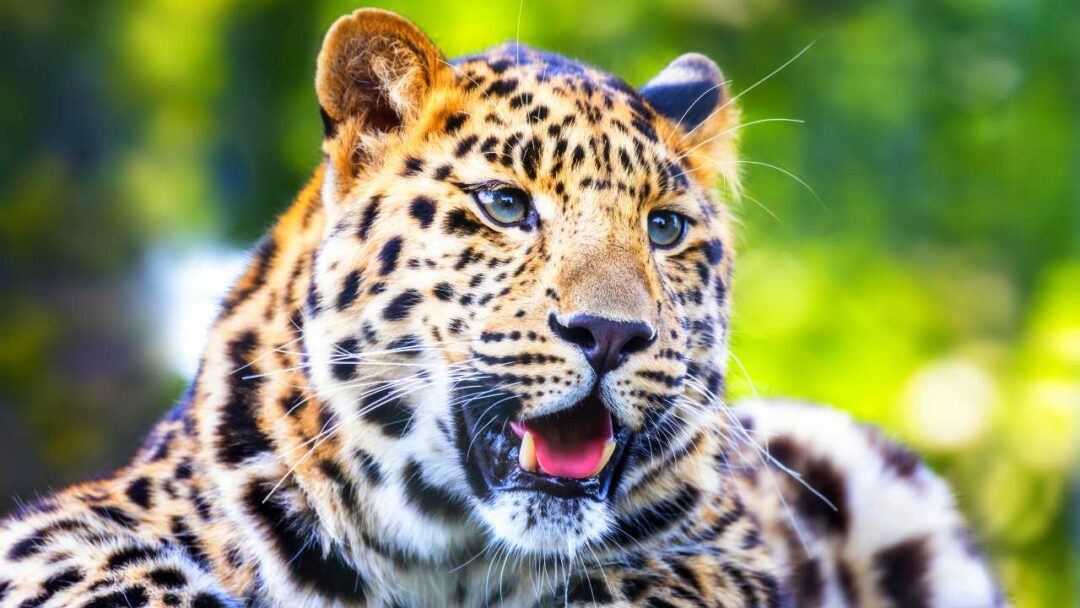Table of Contents

Introduction
One of the most fascinating animals in the animal realm are birds. We are constantly amazed by these wonderful creatures, from their bright feathers to their distinctive behaviours. We’ll look at ten fascinating facts about birds in this article that will make you like these feathery buddies.
Mysterious Myths
Birds have been the subject of tales and legends throughout history. The idea that owls represent death is among the most puzzling. Even though these nocturnal birds are frequently linked to ghost stories, they are also treasured in many cultures as symbols of protection and knowledge.
The idea that birds will leave their nests if people touch them is an intriguing urban legend. Simply said, this is untrue. Even though birds have a good sense of smell, they won’t immediately leave their nests if a person touches them.
10 Facts about Birds
- Birds are the only animals with feathers, which are actually modified scales.
- The peregrine falcon is the fastest bird in the world, reaching speeds of up to 240 mph.
- The hummingbird is the only bird that can fly backwards.
- Flamingos are born with gray feathers and turn pink due to their diet of brine shrimp and blue-green algae.
- The ostrich is the largest bird in the world, weighing up to 350 pounds.
- Some birds, like the common cuckoo, lay their eggs in other bird’s nests and let them raise their young.
- Birds have a highly developed sense of sight and can see ultraviolet light.
- Many bird species can imitate human speech, including parrots, ravens, and magpies.
- The kiwi bird is native to New Zealand and lays the largest egg in proportion to its body size.
- The Arctic tern holds the record for the longest migration of any bird, traveling up to 44,000 miles each year.
How many species of birds are there in the world?
There are over 10,000 known species of birds in the world.
Can all birds fly?
No, not all birds can fly. Some species, such as ostriches, emus, and penguins, are flightless.
What is the largest bird in the world?
The ostrich is the largest bird in the world, standing up to 9 feet tall and weighing up to 350 pounds.
Do all birds lay eggs?
Yes, all birds lay eggs, but the number of eggs laid varies by species.
Can birds see in color?
Yes, birds can see in color, and many species have better color vision than humans.
Do birds have teeth?
No, birds do not have teeth. Instead, they have a beak or bill that they use to eat and manipulate food.
How do birds navigate during migration?
Birds use a variety of methods to navigate during migration, including landmarks, celestial cues, and the Earth’s magnetic field.
Can birds talk?
Some species of birds, such as parrots and mynas, are capable of mimicking human speech, but not all birds can talk.
What is the smallest bird in the world?
The bee hummingbird is the smallest bird in the world, measuring just 2.25 inches long.
Do all birds build nests?
No, not all birds build nests. Some species, such as swifts, build nests out of their own saliva, while others, such as penguins, lay their eggs directly on the ground or on rocks.
How long do birds typically live?
The lifespan of birds varies widely by species, with some living only a few years and others living up to several decades.
Do all birds migrate?
No, not all birds migrate. Some species are resident birds, meaning they stay in the same area year-round.
How do birds communicate with each other?
Birds use a variety of vocalizations, body language, and visual displays to communicate with each other.
Do birds have a sense of smell?
Most birds have a limited sense of smell, but some species, such as vultures, have a strong sense of smell that they use to locate food.
Can birds recognize themselves in a mirror?
Some species of birds, such as magpies and pigeons, have been shown to be able to recognize themselves in a mirror.
Conclusion
Birds are incredibly intriguing creatures, both for their distinctive traits and their alluring beauty. We can better appreciate these feathered friends’ place in nature and comprehend their significance to our ecology by learning more about them.




